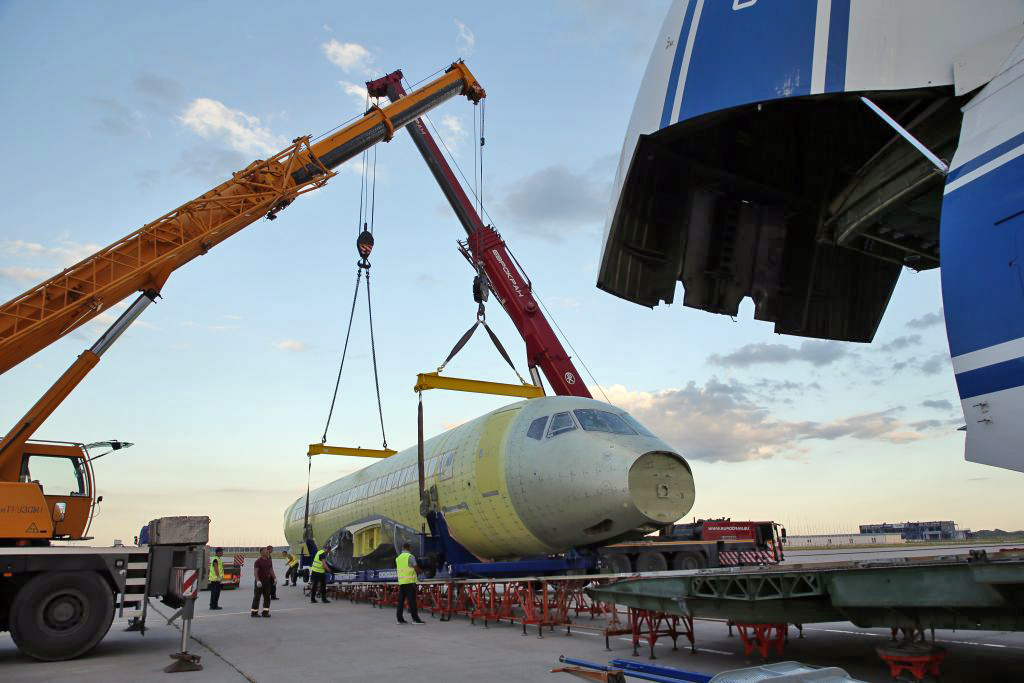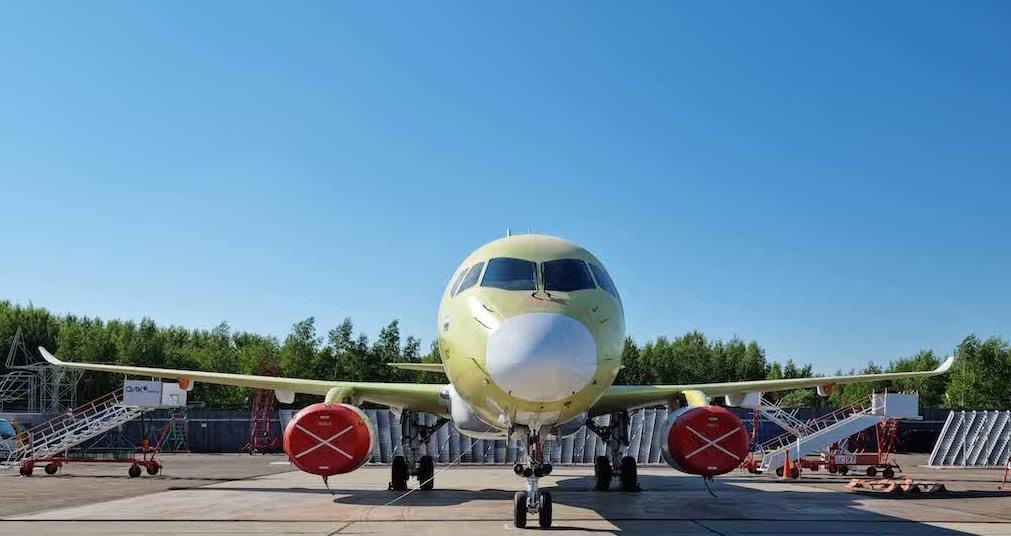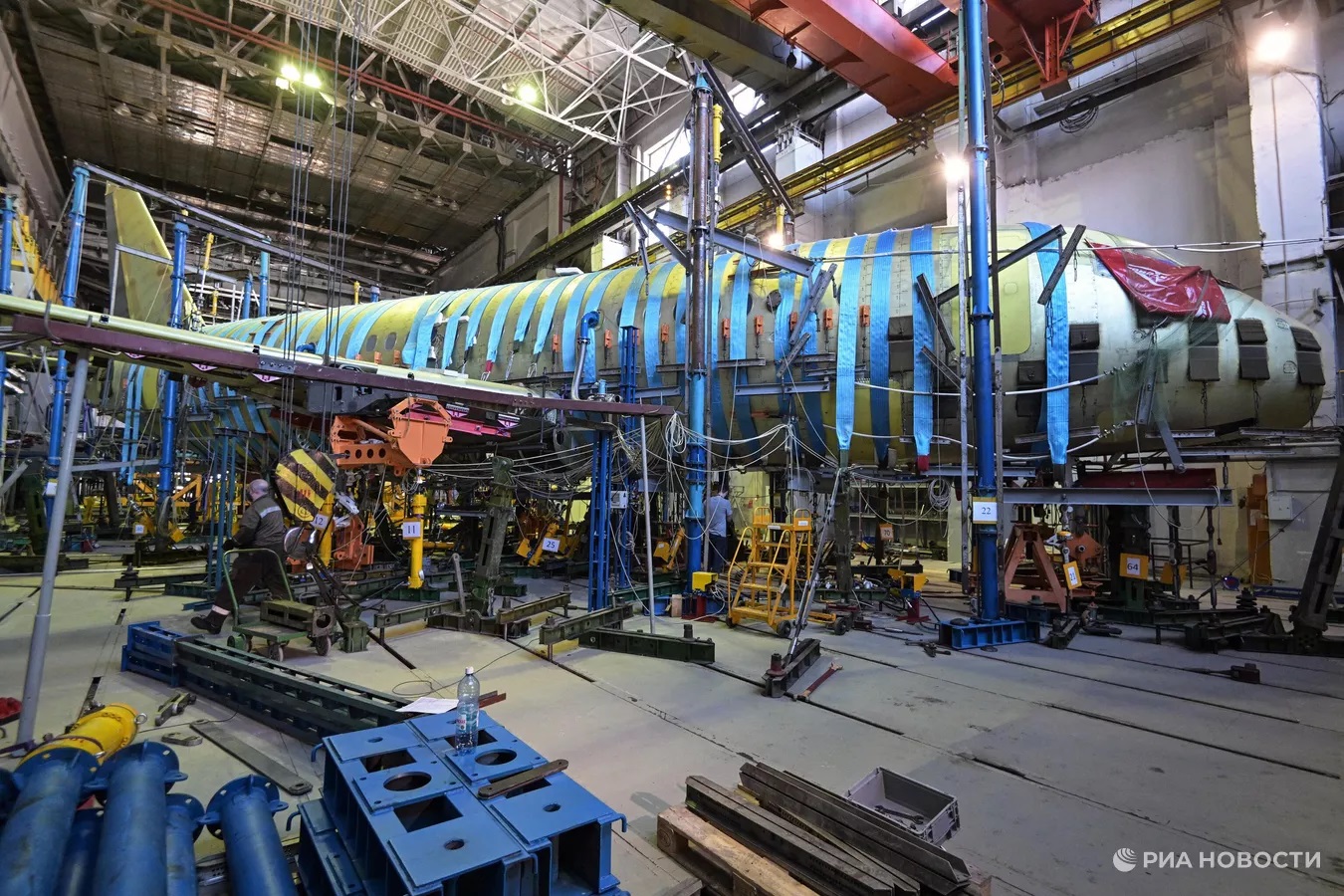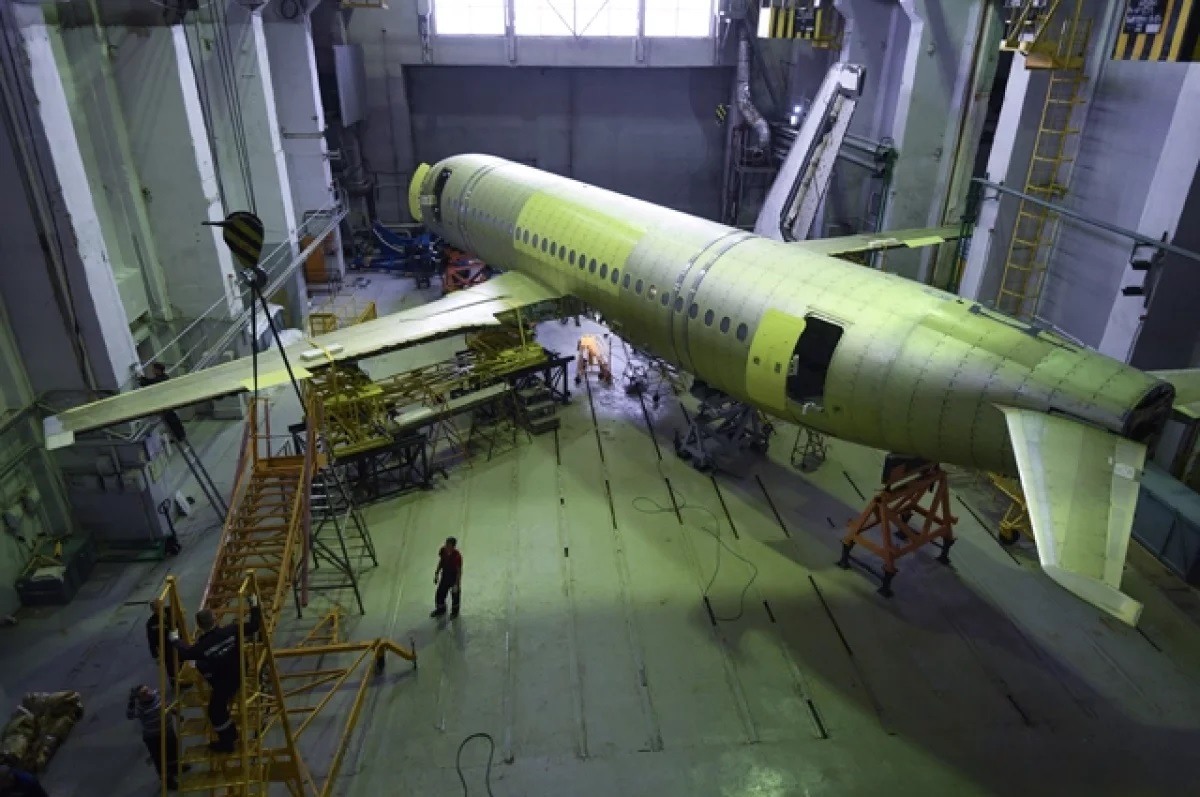


The completion of certification of the SSJ-New aircraft was postponed to 2025. This follows from the order of the sanction hit Russian government, published on May 17 on the website of the official publication of legal acts.
According to the document, work on the production of prototypes of the import substituted SSJ-New with the PD-8 engine was also shifted.
“Taking into account the successful implementation of import substitution programs in 2024–2030, it is planned to supply 990 aircraft for the needs of civil aviation, of which 142 are SSJ-New units,” the order says.

Sukhoi Superjet New is a completely imported substituted version of the Superjet 100 (SSJ-100). It replaces about 40 foreign systems and components.
Earlier that day, the head of Rostec, Sergei Chemezov, said that the imported version of the Sukhoi Superjet 100 aircraft could be renamed Yakovlev . According to him, the choice of a single name for Russian civilian aircraft has been going on for several years.
In March this year, the delivery dates for new Russian civil aircraft were shifted: deliveries of the MC-21 have been postponed to 2025, regional Superjet 100 to 2026.
As per United Aircraft Corporation (UAC, part of Rostec), Deliveries of the Il-114-300 are now expected in 2026,
“Cooperation companies are faced with objective limitations - completely new systems, recreating competencies from scratch, the need for full testing and launching mass production under time pressure,” the UAC explained the shift in deadlines.
A representative of the Ministry of Industry and Trade also pointed out “objective technical difficulties” in implementing projects of this scale.

On January 15, the Russian government approved a comprehensive program to expand the production of aircraft and components, amid these real-time production difficulties.
Russian Prime Minister Mikhail Mishustin indicated that over the next six years more than 600 domestic aircraft should be built . The basis of the fleet of Russian airlines will be the SSJ-New, MC-21-310, Il-114-300, Tu-214 and Il-96-300 aircraft.
In November 2023, UAC reported that it plans to produce 270 units of MC-21 aircraft by 2030, as well as by the same time produce 142 SJ-100, 115 Tu-214 and 70 Il-114 aircraft. In the same month, it was announced that delivery of 22 imported SJ-100 aircraft with PD-8 engines to Russian airlines was expected in 2024.
Regarding the MC-21, head of the Rostec state corporation, Sergei Chemezov, explained that even the final appearance of the aircraft has not yet been formed:
“In the process of replacing foreign components with domestic ones, the weight characteristics are changing MS-21. The final appearance of the completely import-substituted aircraft will be formed in the second half of this year.”

In June, UAC opened a center in Russia for the maintenance and repair of electronic components of the domestic Sukhoi Superjet 100 (SSJ-100) aircraft. The center became the first production site for maintenance and repair of SSJ electronic components in Russia. Previously, such types of work were performed exclusively at foreign enterprises.
These initiatives are part of Russia's campaign to decrease dependence on imports initiated following the two large waves of economic sanctions in 2014 and 2022.
You may like to read.....
